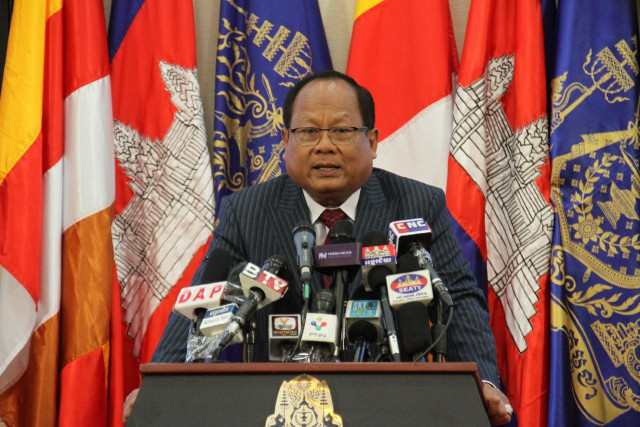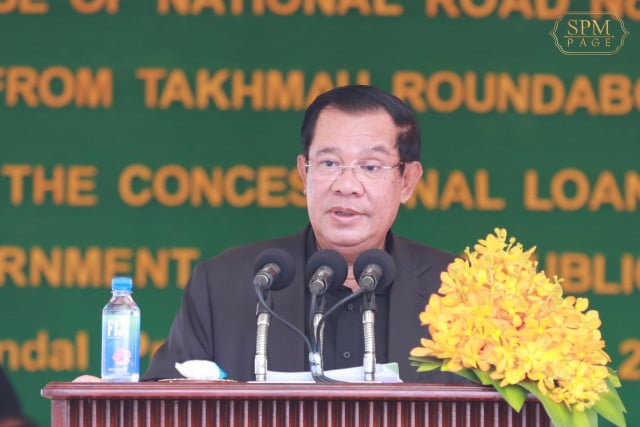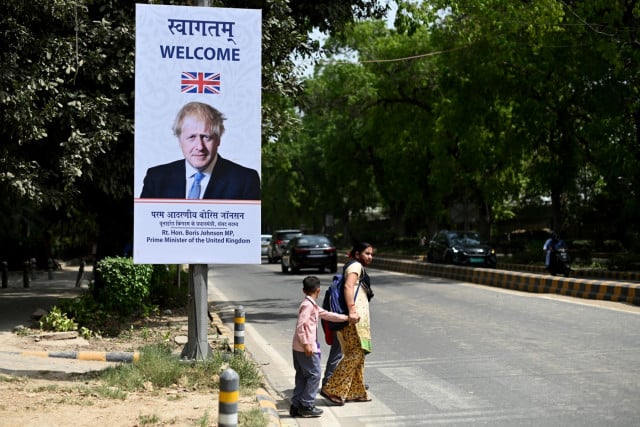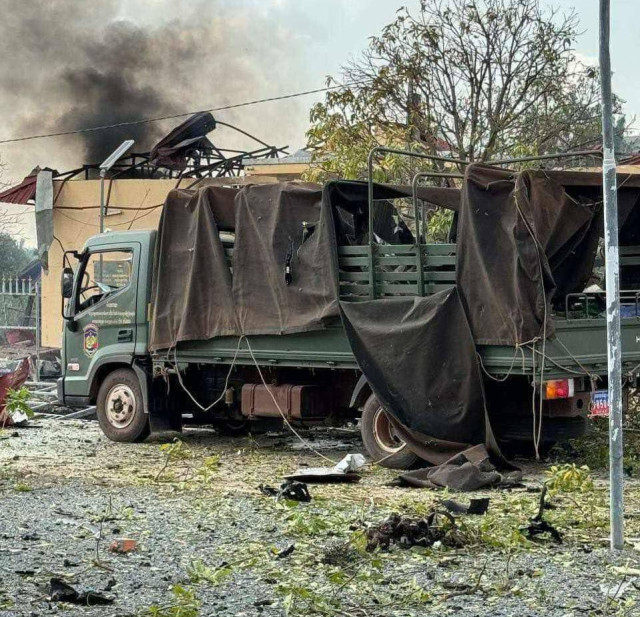What Should ASEAN Prioritize during its Next Discussions
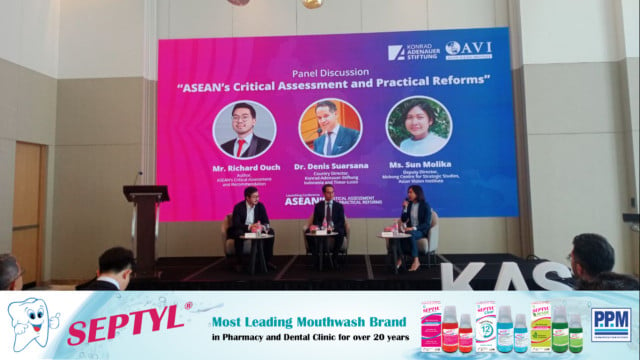
- By Chhuon Kongieng
- December 2, 2023 3:55 PM
PHNOM PENH — ASEAN should take specific actions to expedite the development of its members states, said experts from the Konrad-Adenauer Foundation (KAS) and the Asian Vision Institute (AVI).
Speaking on Nov. 20 during a panel discussion to mark the release of the report “ASEAN’s Critical Assessment and Practical Reforms” by KAS Cambodia and AVI, Denis Suarsana, country director of KAS Indonesia and the Timor-Leste office, suggested two actions that ASEAN should consider: making its policy approach more realistic and developing a joint regional interest.
These actions would help ASEAN avoid narrow national interests and disappointment due to high expectations, and would ultimately change the outcome from negative to positive, Suarsana said.
Richard Ouch, who is one of the authors of the book, suggested that ASEAN member states get more prepared to prevent natural disasters, conflicts, or any other challenges that may arise.
“We need to make sure we know what we are going to do when we face those challenges,” he said. “It is difficult for them to take care of all the problems in each member state as their own. But if we can take this action, we will receive more benefits. Sometimes, preventing it may cost less money and destruction than solving it. This also contributes to expediting the development of ASEAN member states.”
Chheng Kimlong, executive vice president of AVI, stressed the need for ASEAN to integrate more interconnected economic, cultural, and political processes. ASEAN must also strengthen cooperation on regional security, governance, environment, and climate change, he said.
Moreover, enhancing physical infrastructure such as roads, waterways, railways, and airways between ASEAN countries can promote ASEAN member relations and establish a single ASEAN tourism destination, Kimlong said. Therefore, Cambodia's current projects of building infrastructure with other countries fit with this objective, he added.
Kimlong also suggested that, when a country has a different vision, this can be handled through joint decisions since following the ASEAN Charter and agreements is crucial for ASEAN member states. Moreover, giving equal opportunities and benefits to each member state is also a part of helping the process of developing all member states, he said.
Kimlong encouraged young people and women to participate in all ASEAN community-building mechanisms including those to increase the capacity of ASEAN women entrepreneurs, promote connectivity, and develop vocational training.
Speaking after the panel discussion, Mogn Sereyso Vathana, a senior student at the Institute for International Study and Public Policy in Phnom Penh, said that this panel discussion and book have provided great insights about ASEAN coming from many experts.
“I believe that, as an international relations student, getting to know more about ASEAN and the insights coming from the experts will greatly help me access and also evaluate the performance of ASEAN, regional organizations, be able to see what the improvements for ASEAN can be and what we can do as the future generation in this community,” Vathana said.






